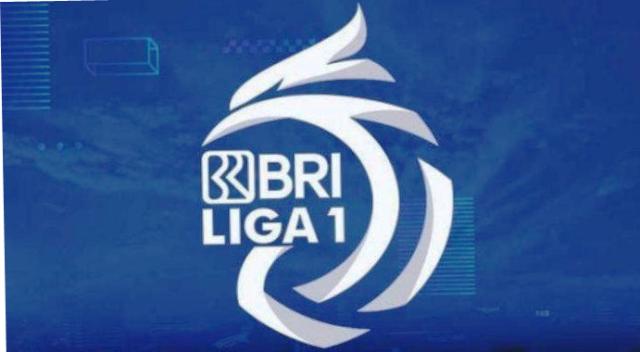Sen. Villar Proposes Task Force to Navigate AI's Impact on Filipino Workforce

Manila, Philippines – Senator Camille Villar has taken a proactive step to address the rapidly evolving landscape of the Filipino workforce, proposing a bill that establishes an inter-agency task force dedicated to mitigating potential job displacement caused by the increasing integration of artificial intelligence (AI) and advanced technologies. This initiative aims to ensure a smooth transition for Filipino workers and prepare them for the future of work.
The proposed bill, formally filed by Senator Villar, recognizes the transformative power of AI and digitalization, while also acknowledging the concerns surrounding potential job losses. The task force, which would be comprised of representatives from various government agencies, including the Department of Labor and Employment (DOLE), the Department of Trade and Industry (DTI), and the Technical Education and Skills Development Authority (TESDA), would be tasked with several key responsibilities.
Key Responsibilities of the Task Force:
- Assessment of Impact: Conducting thorough assessments of the impact of AI and digital technologies on various industries and job roles within the Philippines.
- Skills Gap Analysis: Identifying emerging skills gaps and the training needs of Filipino workers to adapt to the changing demands of the labor market.
- Reskilling and Upskilling Programs: Developing and implementing comprehensive reskilling and upskilling programs to equip workers with the necessary skills for new and evolving job opportunities. This includes partnerships with educational institutions and private sector companies.
- Social Safety Nets: Exploring and strengthening social safety nets to support workers who may be displaced due to automation, ensuring a safety buffer during the transition period.
- Policy Recommendations: Providing policy recommendations to the government on how to best manage the impact of AI and digitalization on the workforce, including strategies for promoting innovation and job creation.
“The rise of AI presents both opportunities and challenges for our country,” Senator Villar stated. “We need to be prepared and proactive in addressing the potential displacement of workers while also harnessing the benefits of these technologies to drive economic growth and create new, higher-skilled jobs.”
The bill emphasizes the importance of collaboration between the government, the private sector, and educational institutions to ensure a coordinated and effective response to the challenges and opportunities presented by AI. It acknowledges that the future of work is changing rapidly and that a proactive approach is essential to safeguarding the livelihoods of Filipino workers.
Looking Ahead:
The proposal has been met with positive reactions from various labor groups and business organizations. The success of this initiative will depend on the effective implementation of the task force's recommendations and the willingness of stakeholders to invest in the reskilling and upskilling of the Filipino workforce. Senator Villar’s move signals a commitment to ensuring that the Philippines remains competitive in the global economy while protecting the well-being of its citizens.




